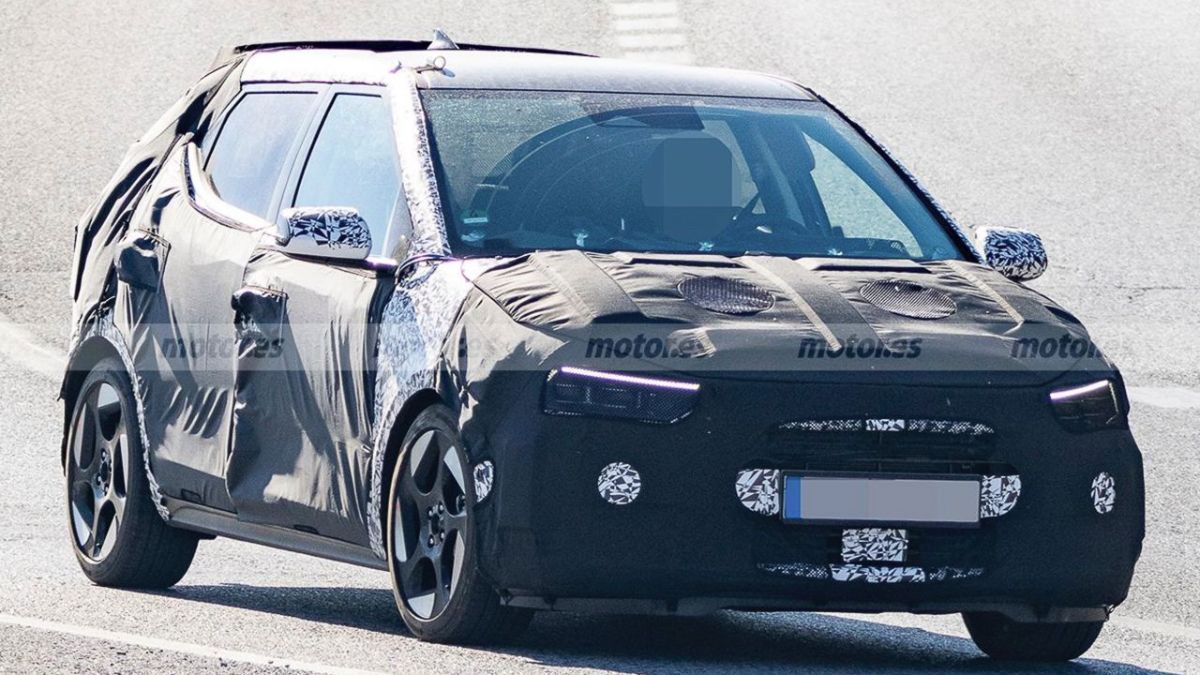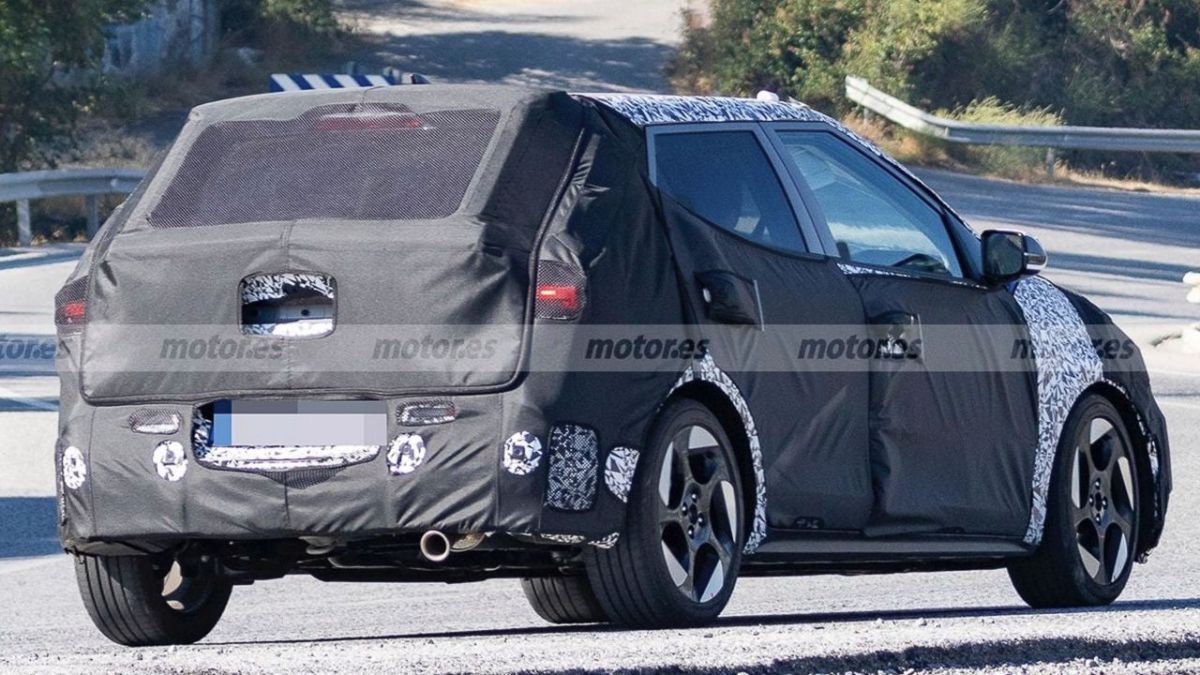
Maruti Victoris vs Grand Vitara: Which SUV Wins in Features and Safety?
Maruti Victoris outshines Grand Vitara with Level-2 ADAS, 5-star NCAP rating, and richer features in the compact SUV segment.
The automotive world is buzzing with excitement as the 4th-generation Hyundai i20 was recently spotted testing in Europe, draped in camouflage but revealing enough to spark curiosity. Set to hit global markets around 2026-27, this new iteration of Hyundai’s popular hatchback promises a bold redesign, cutting-edge tech, and possibly an electric variant down the line. While the current i20 is a favorite for its premium features, the next-gen model is gearing up to raise the bar even higher. Let’s dive into what we know so far.

Even under heavy camouflage, the 4th-gen Hyundai i20 reveals a sleek and confident redesign. The front fascia sports sharper LED headlights paired with redesigned LED daytime running lights (DRLs), giving it a modern and aggressive stance. The grille and air dam have been tweaked for a fresh appearance, while the bonnet features more defined lines for a dynamic look.

On the sides, the i20 flaunts new dual-tone alloy wheels that add a premium touch. The outer rearview mirrors (ORVMs) have been redesigned with smoother edges and integrated turn indicators, enhancing both style and functionality. The window frames now feature sharper angles, moving away from the curvier design of the current model, which gives the car a more assertive presence. At the rear, expect sportier tail lamps, a flatter roofline, and subtle updates to the boot and bumper, complete with a shark fin antenna and high-mounted brake lights.
The 4th-gen i20 is poised to bring significant upgrades, especially in safety and technology, catering to tech-savvy drivers and safety-conscious buyers alike.


The 4th-gen Hyundai i20 is expected to carry forward the reliable 1.2-liter petrol engine, delivering 83 PS with a 5-speed manual or 88 PS with an iVT gearbox, producing 114.7 Nm of torque. In Europe, a 1.0-liter turbo petrol engine (100 PS or 120 PS, 172 Nm) with 48-volt mild-hybrid tech and options for a 6-speed manual or 7-speed DCT will also be available. In India, the turbo petrol is currently exclusive to the i20 N Line, but it could see broader use in the new model.
While earlier rumors hinted at a fully electric i20, the latest spy shots confirm combustion engines will remain the focus for now. However, Hyundai may introduce an electric variant later, aligning with the industry’s shift toward electrification and offering buyers more choices in the compact hatchback segment.
Source